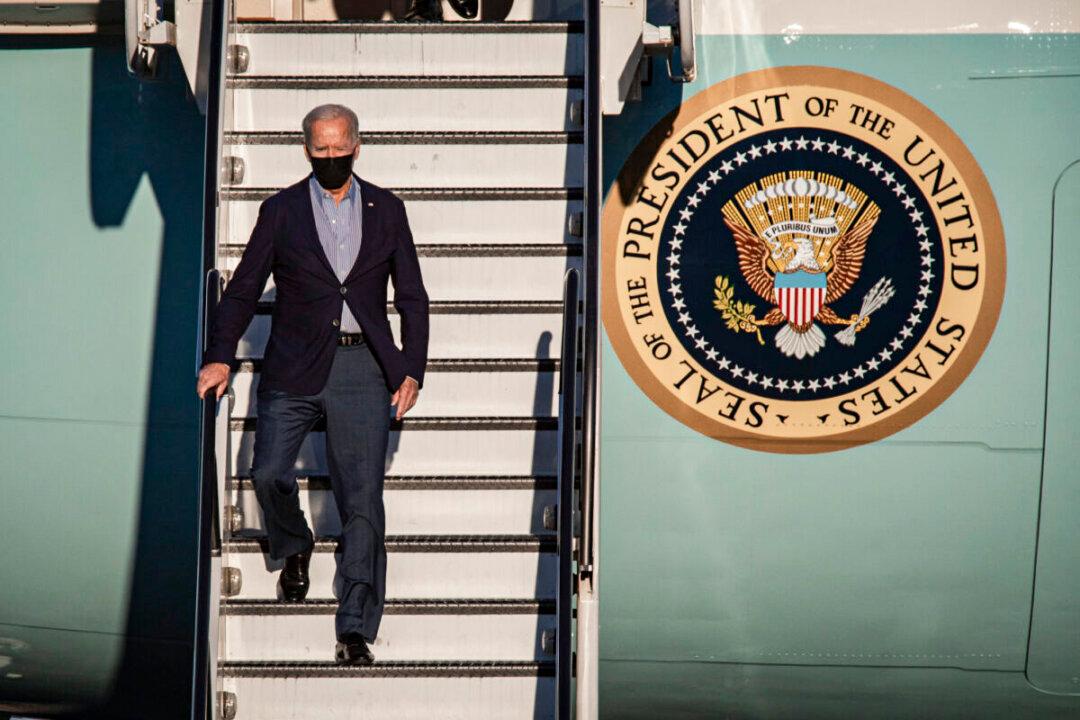The Biden administration is seeking to reassure Americans regarding rising inflation, after the Labor Department’s Consumer Price Index (CPI) report showed prices rising at their fastest annual pace in nearly 40 years.
The White House is facing criticism after the report showed that consumer prices rose 6.8 percent in the year through November, the sharpest annual increase since 1982, and an acceleration compared to October’s 6.2 percent rate of inflation.





